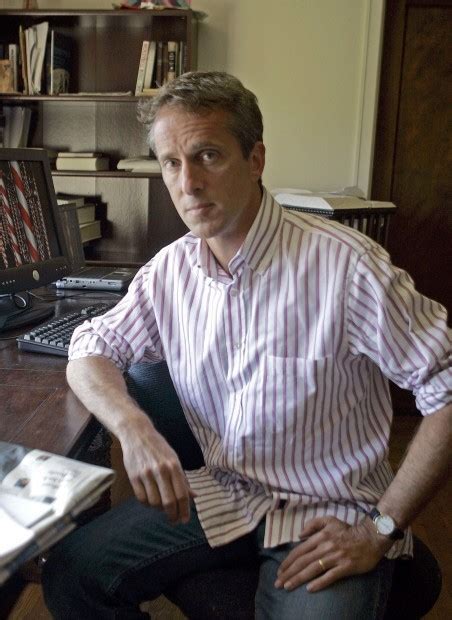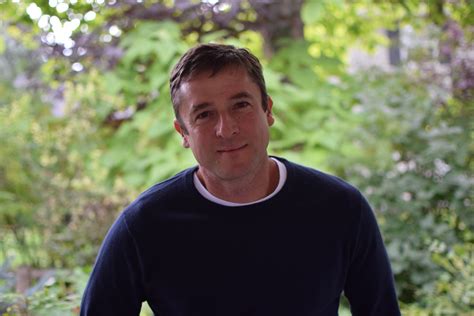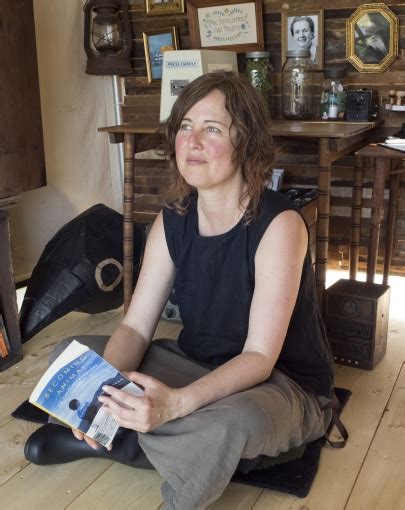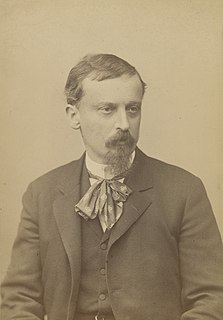A Quote by Raymond Chandler
The moment a man sets his thoughts down on paper, however secretly, he is in a sense writing for publication.
Related Quotes
A man writes to throw off the poison which he has accumulated because of his false way of life. He is trying to recapture his innocence, yet all he succeeds in doing (by writing) is to inoculate the world with a virus of his disillusionment. No man would set a word down on paper if he had the courage to live out what he believed in.
Right now-whether you're in writing courses getting "paid" in credit for writing, or burdened and distracted by earning a living and changing diapers-figure out how to make writing an integral part of your life. Publication is good, and gives you the courage to go on, but publication is not as important as the act of writing.
But there's the rub. The present can never deliver one thing: meaning. The way of happiness and meaning are not the same. To find happiness, a man need only live in the moment; he need only live for the moment. But if he wants meaning--the meaning of his dreams, his secrets, his life--a man must reinhabit his past, however dark, and live for the future, however uncertain. Thus nature dangles happiness and meaning before us all, insisting only that we choose between them.
However great a man's fear of life, suicide remains the courageous act, the clear-headed act of a mathematician. The suicide has judged by the laws of chance - so many odds against one that to live will be more miserable than to die. His sense of mathematics is greater than his sense of survival. But think how a sense of survival must clamor to be heard at the last moment, what excuses it must present of a totally unscientific nature.
Last night I thought about all the kerosene I've used in the past ten years. And I thought about books. And for the first time I realized that a man was behind each one of the books. A man had to think them up. A man had to take a long time to put them down on paper. And I'd never even thought that thought before...It took some man a lifetime maybe to put some of his thoughts down, looking around at the world and life, and then I come along in two minutes and boom! it's all over.
And Man created the plastic bag and the tin and aluminum can and the cellophane wrapper and the paper plate, and this was good because Man could then take his automobile and buy all his food in one place and He could save that which was good to eat in the refrigerator and throw away that which had no further use. And soon the earth was covered with plastic bags and aluminum cans and paper plates and disposable bottles and there was nowhere to sit down or walk, and Man shook his head and cried: "Look at this Godawful mess.
I know from experience that to one who thinks much and feels deeply, it often seems that he has only to put down his thoughts and feelings in order to produce something altogether out of the common; yet as soon as he sets to work he falls into a certain mannerism of style and common phraseology; his thoughts do not come spontaneously, and one might almost say that it is not the mind that directs the pen, but the pen leads the mind into common, empty artificiality.







































